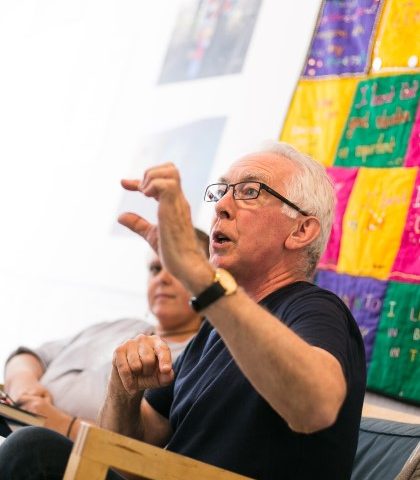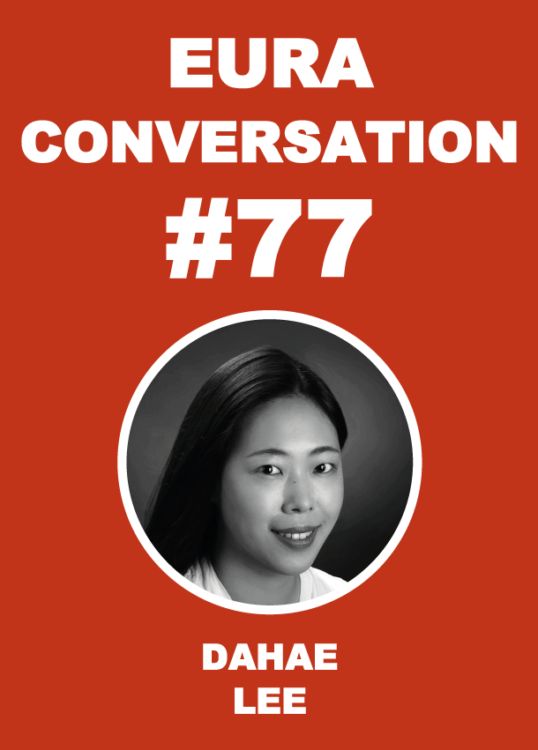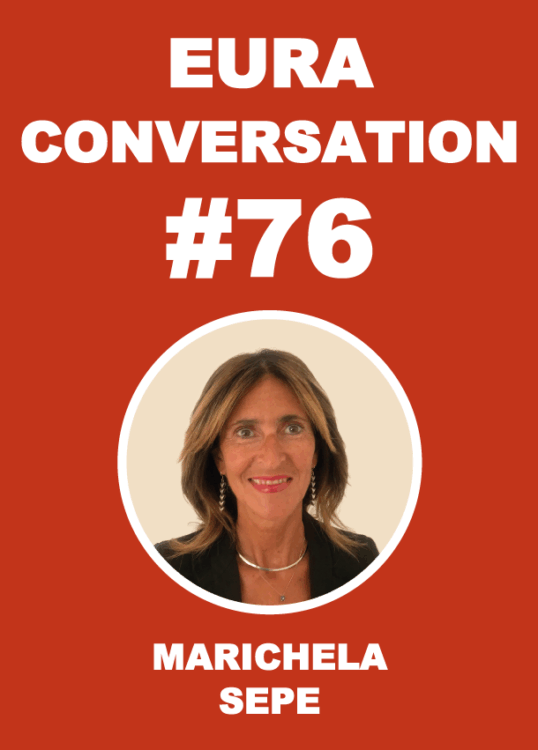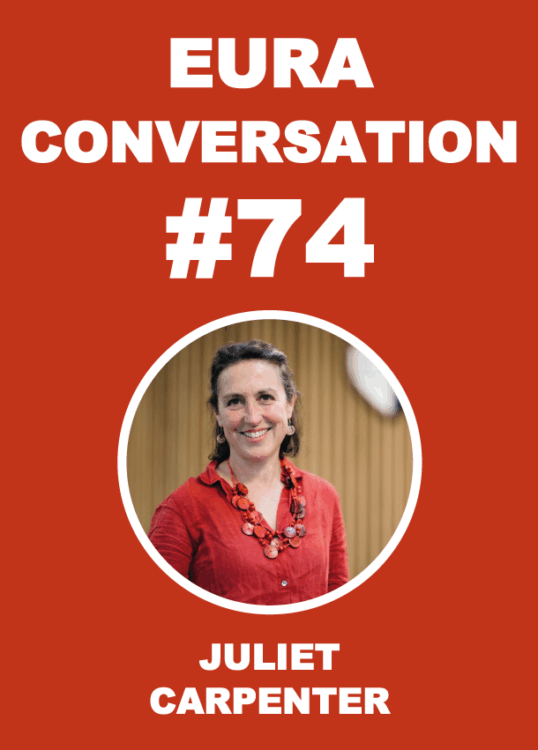
#10 Opportunity
05/10/2020
#12 Urban uncertainty
02/11/2020#11 Empowering place
Why place should be central to the development of any successful post Covid-19 strategy?
by Robin Hambleton, University of the West of England, United Kingdom
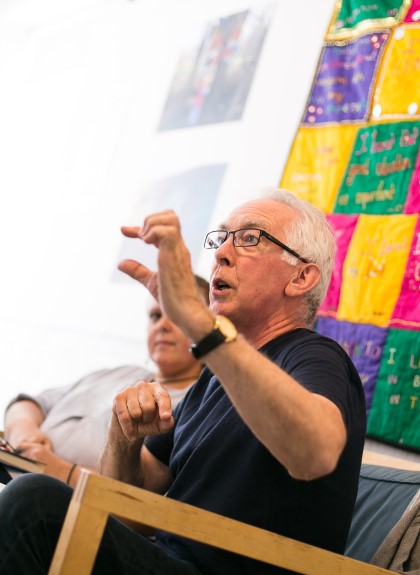
Previous contributors to EURA Conversations have drawn attention to the importance of place and place-based action in responding to the Covid-19 calamity.
For example, Paula Russell in Conversation 7 surmised that the impressive efforts of local self-organising community groups in Ireland could be generating a new sense of commitment to place.
In Conversation 3 Filipe Teles highlights the value of place-based innovation, and suggests that cities are in a good position to engage in local experimentation that can benefit the long-term health of our societies.
Meanwhile, Ignazio Vinci in his discussion of proximity in Conversation 2 goes to the heart of what many people value about cities – by which he means the rich and diverse social and economic interactions derived from being close together in a place.
In a new book published last week – Cities and communities beyond COVID-19. How local leadership can change our future for the better – I suggest that any effective strategy for post Covid-19 recovery will need to be place-based.
To claim that place matters could seem to be an odd, even out-of-touch, way of viewing the modern world. Some may feel that, because the internet and mobile phone technologies have transformed our ability to communicate across space, talking about the importance of place is rather backward looking, even anachronistic. They would be wrong. It is my contention that much of life remains, and will always remain, stubbornly place-dependent.
In my book I identify three important reasons why place should be central to the development of any successful post COVID-19 strategy.
First, place forms an important part of our identity as human beings. To argue for recognising the significance of place for our psychological wellbeing is not to contest the value of connections made digitally across space. However, our physical relationships with family, friends, neighbours and colleagues in the area, or city, where we live are vital because they form part of our identity and help to give meaning to our lives. Where we are defines, to some extent, who we are. This emotional commitment to place, and the people living nearby, has underpinned a remarkable upsurge in community-based caring and compassion in the way people have responded to the COVID-19 pandemic.
Second, if central governments recognise and take advantage of the power of place they can enhance governmental effectiveness. It is self evident that places are different. It follows that, if public policy can be tuned more sensitively to the different needs of different areas, governmental responsiveness can be improved. This speaks to the idea of developing the innovative capacity of society advocated by Filipe Teles, mentioned earlier.
Third, place provides the spatial units for the exercise of democracy. The longstanding and fundamental arguments in favour of local government are highly relevant in this context. Developed in varying ways, over a period of more than 150 years, numerous arrangements for organising local government have emerged across the world.
Whilst the institutional design varies we can say that all general local governments in the modern world strive to support democratic, place-based policy-making. In addition, elected local authorities provide the democratic building blocks that underpin nation states and, ultimately, international democratic institutions.
These, then, are three of the most important reasons why place matters in modern societies. Place forms part of our identity, is critical to governmental effectiveness and social discovery and, most important, it underpins democracy at all levels.
Robin Hambleton’s new book, Cities and communities beyond COVID-19. How local leadership can change our world for the better, is available from Bristol University Press.
In the next contribution to EURA Conversations Inigo Lorente Riverola, Polytechnic University of Madrid, Spain, discusses urban uncertainty.

